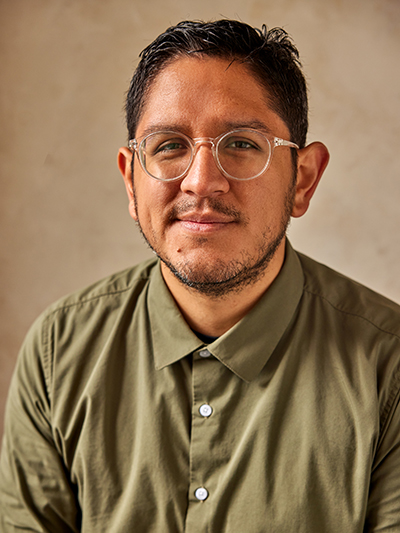José Carlos is a Latin Americanist specializing in Indigenous Studies and Environmental Humanities. He received his Ph.D. in Latin American Literature and Culture from Rutgers University in 2022. His research focuses on the emergence, expansion, and political agenda of indigenous literature in Latin America over the course of the twentieth century. He also examines indigenous cultural production as framed by environmental activism and anti-extractivist struggle in the region. His work has been published in journals such as Modern Language Notes, Journal of Latin American Cultural Studies, Studies in Spanish & Latin American Cinemas, América Crítica, and Transmodernity. At Penn, he is working on his book project, Insurgent Veins: From Indigenismo to Indigenous Decolonial Literature.
José Carlos Díaz Zanelli
Andrew W. Mellon Postdoctoral Fellow in the Humanities
2023—2024 Forum on Revolution
José Carlos Díaz Zanelli
Language and Culture Studies
Rutgers University, 2022
Insurgent Veins: Indigenismo, Indigenous Literature, and Decolonial Cracks
My book project, Insurgent Veins, examines the decolonial ideological bridge between the indigenista literary tradition and indigenous literature. Traditionally, indigenous and indigenista studies have been treated as separate fields of inquiry. However, my project challenges this dichotomy by exploring the thematic and political commonalities between the two subfields. I argue that indigenous and indigenista studies are not mutually exclusive, but rather they overlap in a number of ways. For instance, they both critique capitalist modernity, incorporate race as a struggle framework, and engage with decolonization. My manuscript has nine chapters organized into two parts. Part I re-evaluates the crucial essays of the founding intellectuals of Indigenismo such as José Vasconcelos, José Carlos Mariátegui, Luis E. Valcárcel, Manuel Gamio, and Alcides Arguedas. Part II explores the indigenous literary production of Zapatista writings, Quechua-Aymara writer Fausto Reinaga, Mapuche poet Elicura Chihuailaf, and Quechua writer Ch’aska Anka Ninawaman. I reframe Latin American literary studies by highlighting Amerindian knowledge, reevaluating the scope and influence of indigenista tradition, and expanding the corpus of indigenous literature. My book adopts a decolonial approach to move away from the perspectives that separately constrain indigenous and indigenista studies. When examined together, these perspectives reveal in their commonalities the formation of key concepts for current Latin American cultural studies (transmodernity, Buen Vivir, etc.).



